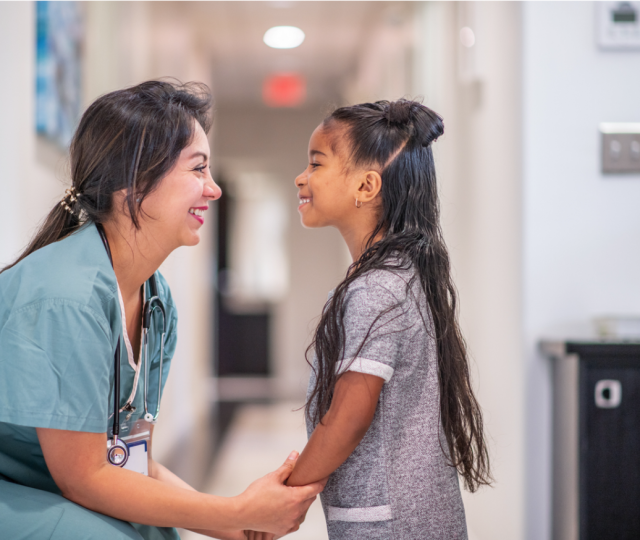Breastfeeding, infant feeding & nutrition
Breastfeeding gives your baby the best start for optimal growth and is recommended to two years and beyond. At around six months of age, your baby will be ready to start solid foods. How you feed your baby and young child is just as important as what you feed them. Start family meals early, role model healthy eating, and support your child as they learn to eat and accept new foods.
Visit HealthLinkBC, Healthy Eating for Infants and Toddlers for information on:
-
Infant feeding
-
Baby's first foods
-
Feeding your toddler
-
Allergy and food safety information
Handouts are available in up to eight languages. On-line nutrition assessment tools are also available for toddlers and preschoolers.















We know more than ever before about how young children think, learn, and grow. From birth to the first day of kindergarten, growth moves more quickly than at any other time of life. Early experiences make a difference. The early years of life have a critical and important effect on growth, relationships, and functioning that affects our whole life.
Social and emotional learning is the way a child gradually develops the ability to:
Experience, control, and express emotions
Form close, secure relationships
Explore the world and learn
Infant mental health and healthy development go hand in hand. Healthy child development includes physical, emotional, cognitive, and social development.